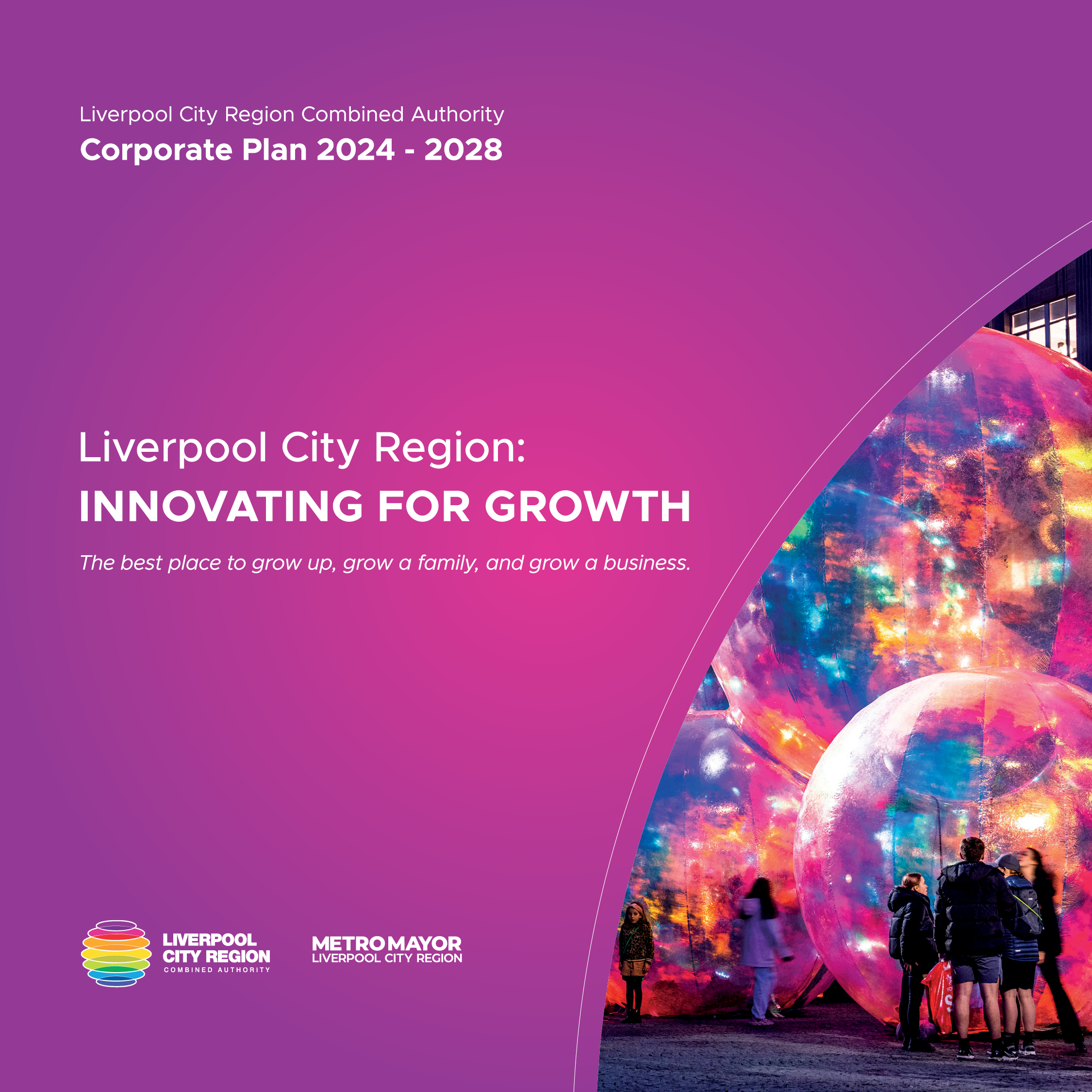Life Sciences Investment Zone
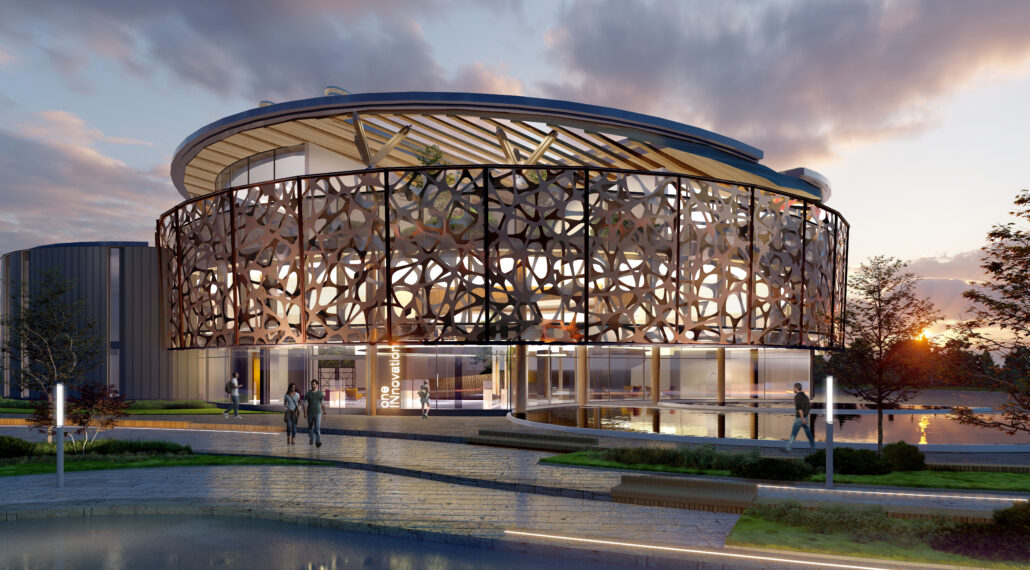
Welcome to a health and life sciences powerhouse
Liverpool City Region is a health and life sciences powerhouse fuelled by world-leading innovation, with collaboration in its DNA.
It’s a global gateway founded on science, invention and trade, a place for pioneers that’s been changing the world for more than 300 years.
And it’s primed for investment.
IBM, Unilever, the Gates Foundation and AstraZeneca are among household names already recognising the city region’s potential.
With new tailored facilities, low costs and wide-ranging financial incentives, the city region is geared to welcome life science investors and businesses of all sizes to one of the most famous, dynamic, inclusive, connected and forward-thinking places in the world.
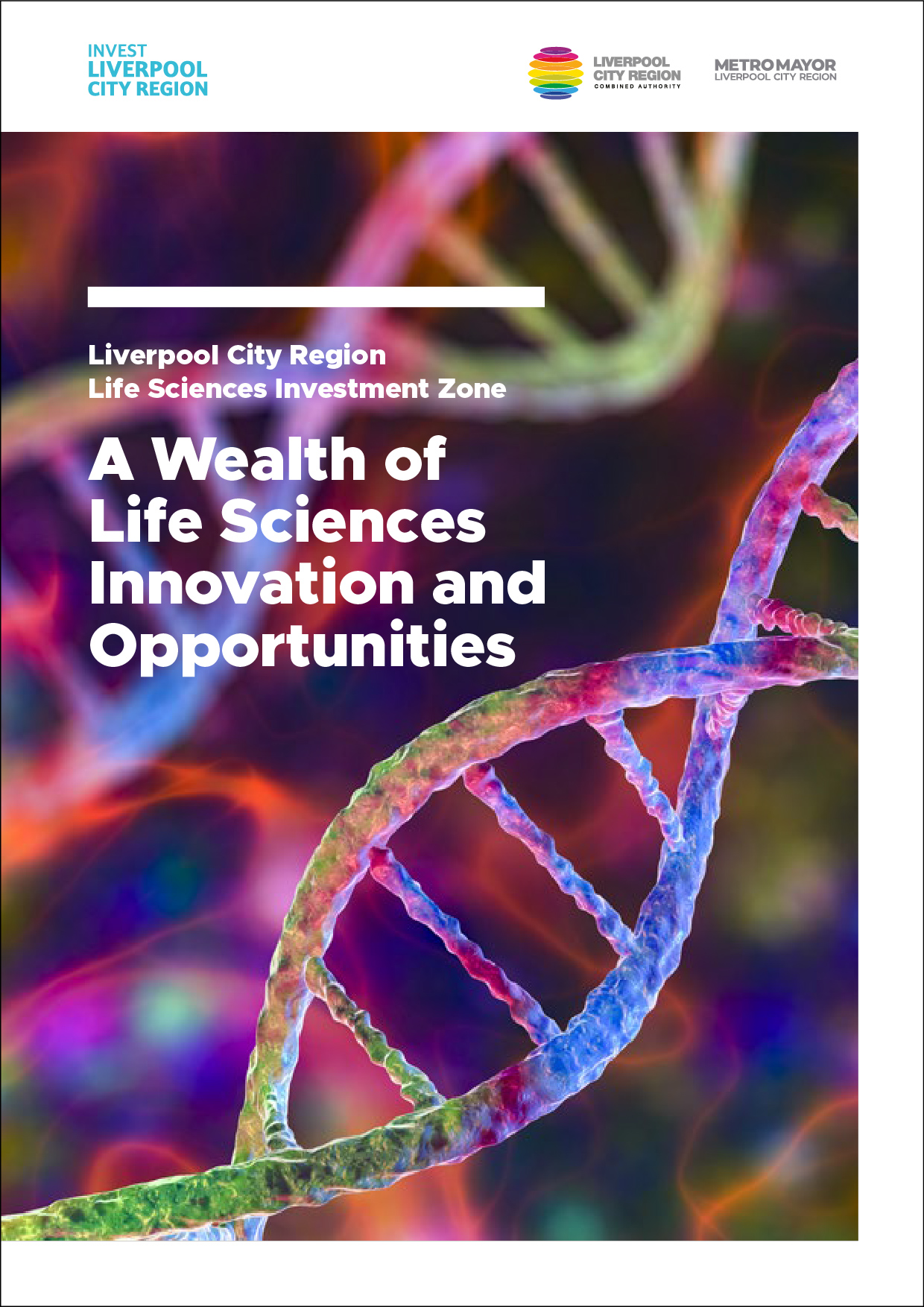
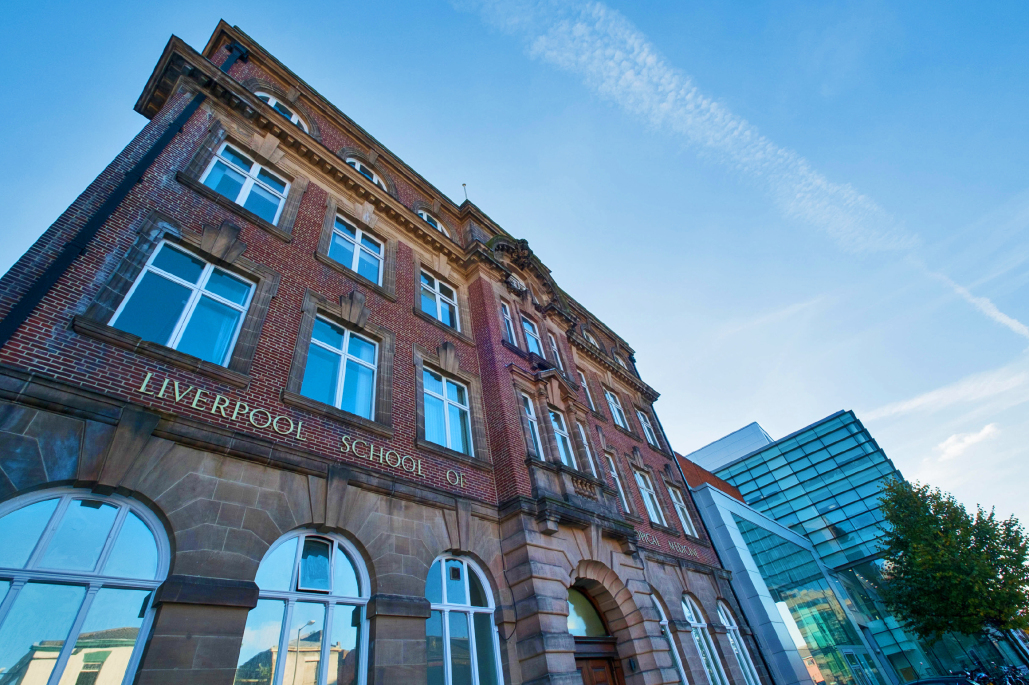
Delivering world-leading innovation from world-class assets
The city region is home to one of Europe’s largest pharma clusters, where multi-nationals AstraZeneca, CSL Seqirus, TriRX and Pharmaron deliver global solutions. It’s the UK Government’s only High Potential Opportunity for Vaccines and, with more than 7,000 volunteers, is a leader in clinical trials.
Led by Liverpool School of Tropical Medicine, the £260m high impact iiCON programme works with more than 800 companies worldwide and has brought 36 new products to market and delivered over 5 billion units of life-saving products in less than four years. Together with the University of Liverpool, the world’s first tropical disease institute is driving the UK’s highest concentration of infection research and development worth £2bn each year.
At the STFC Hartree Centre, the UK’s most powerful supercomputer dedicated to industrial R&D supports digital health innovation. And the UK’s largest concentration of specialist hospitals outside London is driving advances in children’s health, cancer treatment, neurology and mental health.
Premier league science and industry partnerships underpin world-leading innovation with great minds working together at world-class assets to shape the future of life sciences, building on strengths in therapeutics, animal health, bio-manufacturing and the use of Big Data and AI to lead healthier lives.
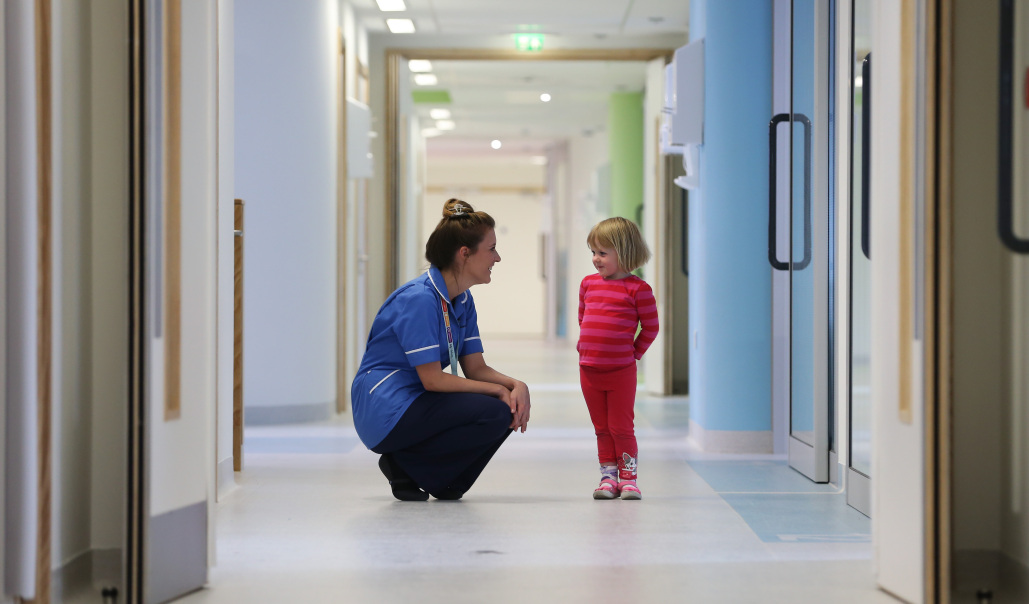
Taking life sciences to the next level
The new 10-year Investment Zone will take the city region’s life sciences to the next level. With the potential to drive up to £800m of Government and private investment and create 8,000 jobs, the Investment Zone promises to deliver new state-of-the-art facilities and business and innovation support, while training a new generation of talent. And, like the Liverpool City Region Freeport, it will offer attractive financial benefits to investors.
Twenty-one grant-supported Investment Zone projects have been identified for the initial phase, which together have the potential to unlock over £320m of private funding. Alongside this, the University of Liverpool has prepared a £200m investment programme to support the Zone.
The Government will contribute £160m – with 60% going towards capital schemes to develop new high-quality facilities including state-of-the-art office and lab space and also to provide capital grants to innovation businesses. The remaining 40% will be allocated to revenue projects providing business, research and innovation support, and skills development.
In addition, Halton and St Helens Borough Councils can retain the next 25 years of business rates – up to £35m and £15m respectively – from new properties on the tax sites, with the money ring-fenced for schemes to further develop premises and capability.
Three Investment Zone tax sites at St Helens, Sci-Tech Daresbury and Maghull Health Discovery Park will offer new and expanding occupiers:
- 100% Business Rate Relief for five years
- exemption from Stamp Duty Land Tax (SDLT)
- relief from employers National Insurance contributions (for three years and worth £6,582 per employee)
- further cash flow benefits (Structures and Buildings Allowances and Enhanced Capital Allowances) are also available
New skills and talent programmes for local people will aid workforce creation and recruitment. Social value, net zero and equality, diversity and inclusion will be important considerations in project development.
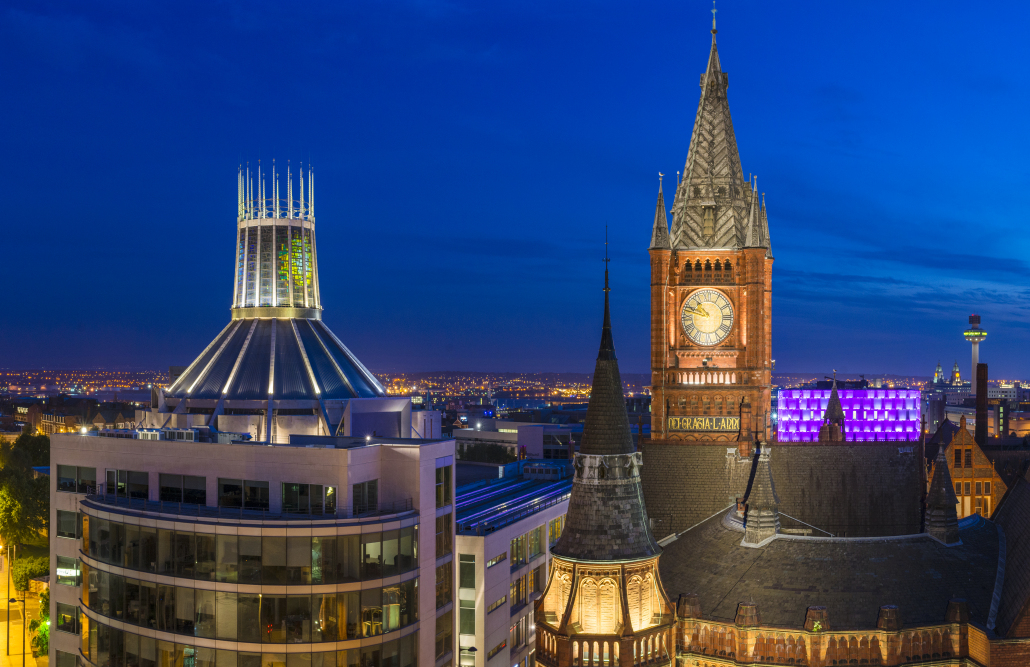
Investment Zone Sites and Projects
Two thriving, nationally significant and complementary campuses in Liverpool and Daresbury are the bedrock of the city region’s life science research and innovation, with new Investment Zone supported clusters planned in Maghull and St Helens, site of global industry-led glass innovation and decarbonisation partnership Glass Futures.
Knowledge Quarter Liverpool is home to the University of Liverpool, Liverpool John Moores University, Liverpool School of Tropical Medicine (LSTM), the Royal Liverpool University Hospital, Clatterbridge Cancer Centre, and many of the city region’s 26,000 health and life science students.
The £81m Materials Innovation Factory (MIF) – a unique industry-academia collaboration with Unilever at the forefront of global digital chemistry innovation – is also located there, along with the Digital Innovation Facility (DIF), Liverpool Science Park, the Open Innovation Hub for Antimicrobial Surfaces, and the University of Liverpool’s internationally acclaimed Chemistry and Pharmacology Departments.
The Royal College of Physicians has located its northern HQ at The Spine – one of the world’s healthiest buildings, set to be joined by two Investment Zone-supported new builds, HEMISPHERE One and Two, packed with hi-tech labs and offices.
Two thriving, nationally significant and complementary campuses in Liverpool and Daresbury are the bedrock of the city region’s life science research and innovation, with new Investment Zone supported clusters planned in Maghull and St Helens, site of global industry-led glass innovation and decarbonisation partnership Glass Futures.
Knowledge Quarter Liverpool is home to the University of Liverpool, Liverpool John Moores University, Liverpool School of Tropical Medicine (LSTM), the Royal Liverpool University Hospital, Clatterbridge Cancer Centre, and many of the city region’s 26,000 health and life science students.
The £81m Materials Innovation Factory (MIF) – a unique industry-academia collaboration with Unilever at the forefront of global digital chemistry innovation – is also located there, along with the Digital Innovation Facility (DIF), Liverpool Science Park, the Open Innovation Hub for Antimicrobial Surfaces, and the University of Liverpool’s internationally acclaimed Chemistry and Pharmacology Departments.
The Royal College of Physicians has located its northern HQ at The Spine – one of the world’s healthiest buildings, set to be joined by two Investment Zone-supported new builds, HEMISPHERE One and Two, packed with hi-tech labs and offices.
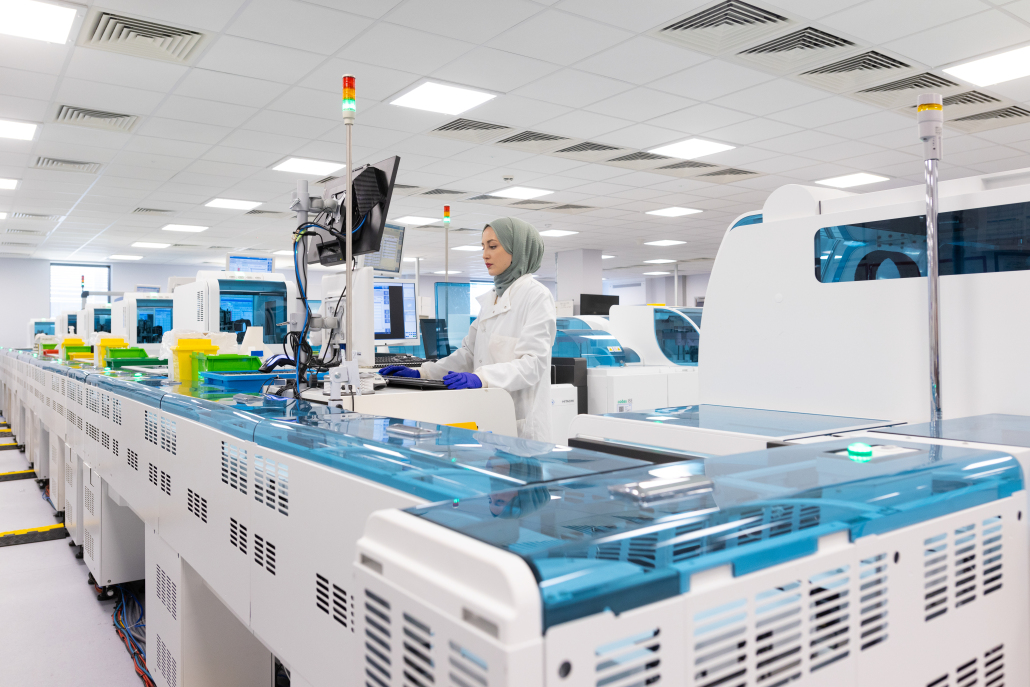
Our ambition on a global scale
With a goal of investing 5% of its economic output in R&D by 2030 – nearly double the national target, the Liverpool City Region is a place with huge local ambition to deliver on the global stage.
We have a £2bn R&D pipeline with a further £725m of projects underway across its six local authority areas – Halton, Knowsley, Liverpool, Sefton, St Helens and Wirral – and, in addition to infection prevention and control, we are a world leading innovator in materials chemistry and AI solutions with emerging strengths in net-zero and maritime.
Guided by strong, cohesive political, business, institutional and scientific leadership and driven by the UK’s first industry-led regional Innovation Board, the city region has forged landmark partnerships with Innovate UK and South Korea’s second city Busan.
It has also installed LCR Connect, a new part publicly owned 214km gigabit-enabled full-fibre network which will help make the region the most digitally connected area in the UK.
A new private sector-led Business and Enterprise Board helps craft policy, with key sectors (health and life sciences, advanced manufacturing and digital and creative) represented by new cluster boards and served by multiple networks within a highly collaborative ecosystem.
In addition, a range of tailored funds and programmes support innovative businesses through all stages of development.



